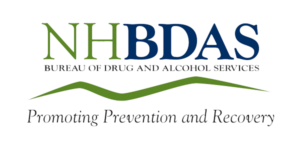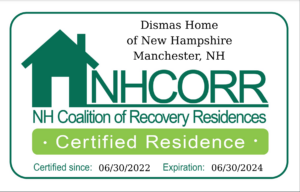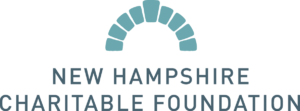There is a common misconception that addicts are like the characters you see on TV. They are living on the streets, pushing shopping carts and begging for spare change because they’re unemployed; but in reality SAMHSA reports that roughly 76 percent of those with substance addictions are actively employed. Studies also show that most employees who struggle with addiction avoid treatment for fear of losing their jobs or hurting their careers. Fortunately there are laws in place that protect them from being fired because addiction is classified as a mental illness. We at the Dismas Home of New Hampshire urge those struggling with addiction to educate themselves about their employment rights, seek help and start your journey to taking control of your life through recovery. It won’t be easy but it will be worth it.
What’s Stopping You?
Recovery programs are like full time jobs, they take up a lot of time and while most people can’t put their entire lives on pause, it is important to find a program that can work for you. The most common reason employees who struggle with addiction put off treatment is FEAR. They fear repercussions of admitting their struggle with addiction, thoughts of ‘will I be fired it they know’, ‘will they be angry that I lied’, or ‘will they think I use on the job’ may flood their minds causing them to shy away. They fear they can’t get the time-off from work to enroll in a program and if they do, will their job still be there when they are ready to return? They fear judgment and shame which is natural as disclosing your struggle with substance abuse is very personal. No one wants to feel people are talking negatively about them behind their backs, questioning their choices or if they could be trusted in the workplace. Understanding your rights as an employee along with what programs and resources are available can pacify this mindset. While inpatient recovery centers are likely to be the most effective, outpatient treatment where individuals can travel back and forth to attend sessions can be planned around their work schedule.
Where to Start - Be Honest
It is important to let someone in your organization know what you are experiencing. If you feel that you are unable to speak to your supervisor about something so personal then schedule a meeting with your Human Resources representative. This individual will be able to document your illness, discuss your benefits such as sick/vacation days, medical benefits, FMLA and possibly resources that your organization has in place for you wellness or support groups they partner with. An employee can qualify for 12 weeks of medical leave, including for reasons related to addiction treatment through the Family and Medical Leave Act. An individual is covered by the Americans with Disabilities Act if they have successfully rehabilitated after drug use or participating in a program and once covered they cannot be fired for reasons relating to their addiction or recovery process. Once you have begun treatment withdrawal symptoms may interfere with your ability to focus and your work performance. It is better for your employer to have a clear understanding of why this is happening rather than guessing which can be the difference between staying hired or being fired.
Create a Treatment Plan
It is beneficial to sit down with your therapist/recovery center to create a plan of treatment in order for you to fully understand what you are committing to. This plan should also outline the type of treatment you will need and for how long. Gather information on the different types of recovery centers, in-patient, partial, residential and outpatient programs, this will help you understand what option is best for you, be able to plan around you work schedule and keep your employer in the loop.
Keeping a Job while in Recovery
Maintaining your job while in recovery has more benefits than not having to be preoccupied with financial struggles or stressing about the cost of recovery rather than focusing on the process itself. Studies show that maintaining stable employment can help build self-reliance and aid in your recovery process by
- Adding routine and structure -Establish Accountability -Create Achievable Goals
- Rebuild Through Work -Grow Self-Reliance -Gain Trust and Purpose
- Taking Responsibility
This study also shows that professional stability is tide to
-Lower rates of recurrence -Higher rates of abstinence -Less criminal activity
-Fewer parole violations -Improvements in quality of life -More successful transition
Support, Support and more Support
We at the Dismas Home of New Hampshire know that one of the most challenging steps in the recovery process is transitioning back into society and that is because oftentimes we are returning to our old lives. Hold on to the reason you first sought recovery, hold on to what you have learn on your journey, hold on to your therapist, your sessions, your meetings, your mentors and your friends and families who support you. This journey won’t be easy but we promise it will be worth it.







